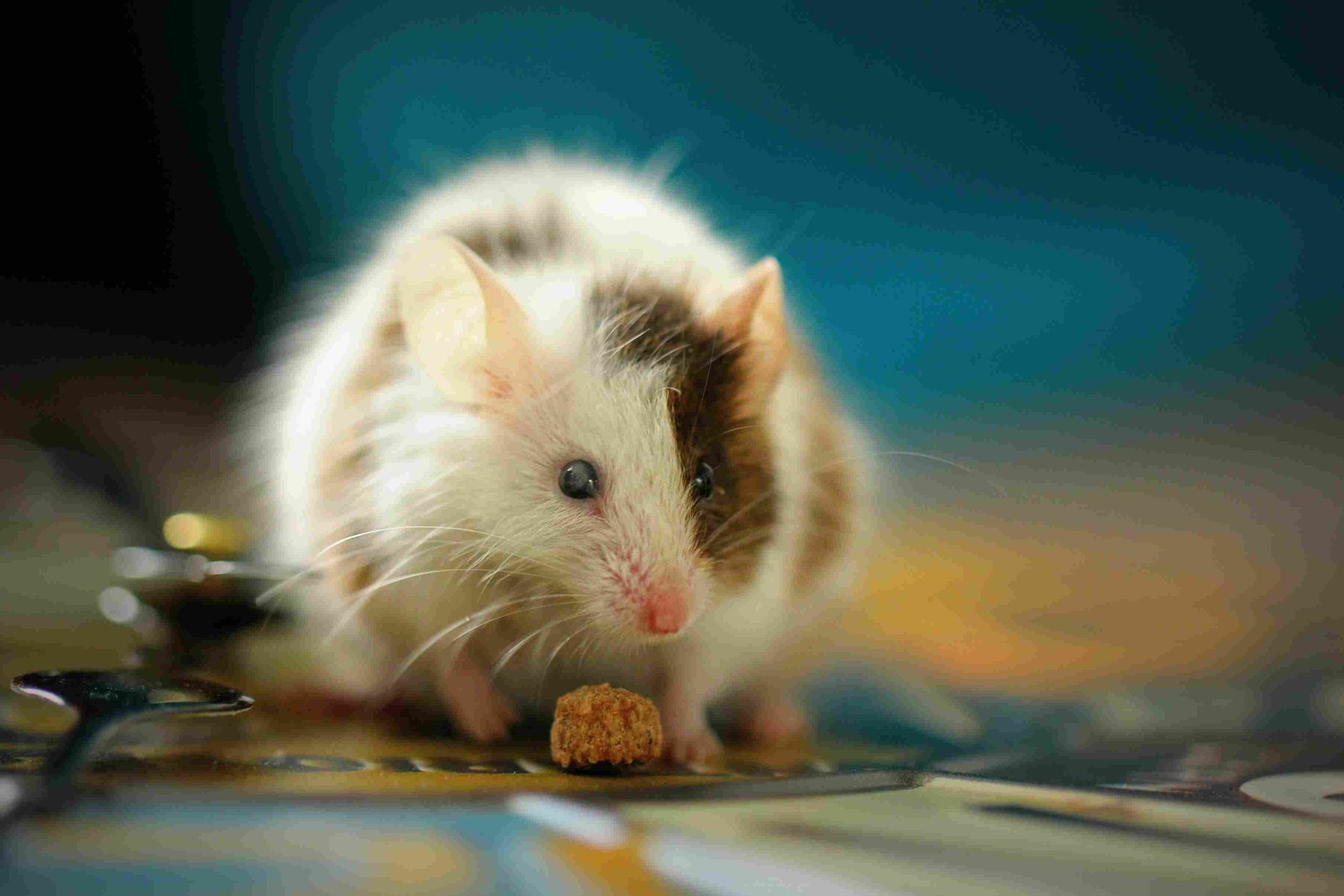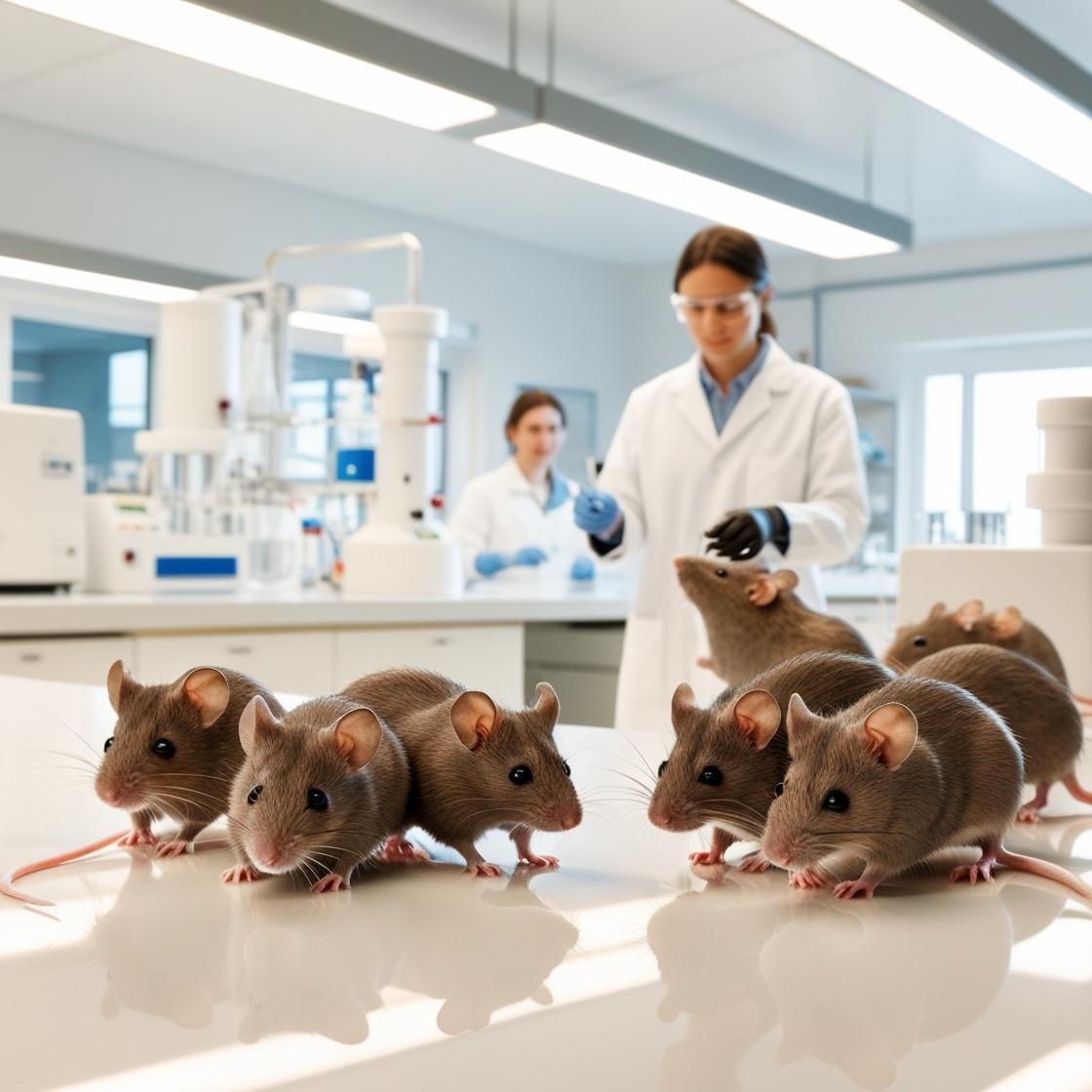Calhoun created a utopian environment for mice, a "mouse utopia," where they had unlimited food, water, and shelter.
The mice were free to mate and reproduce without fear of predators or resource scarcity. Initially, the population thrived, but as the population density increased, a series of disturbing behavioral changes emerged.

As the population density reached a critical point, the mice exhibited a phenomenon that Calhoun termed the "behavioral sink." This involved a breakdown of social order, increased aggression, sexual deviancy, and a decline in reproductive success. The mice began to engage in bizarre and self-destructive behaviors, including cannibalism and neglect of offspring.
The experiment culminated in the collapse of the mouse population. Despite the abundance of resources, the mice were unable to sustain a viable society. The once-thriving utopia descended into chaos and extinction.

Calhoun's experiment has been interpreted as a metaphor for potential societal collapse due to overpopulation and environmental degradation. Some have drawn parallels between the behavior of the mice and the challenges facing human societies, such as increasing urbanization, social isolation, and mental health issues.
However, it's important to note that the experiment was conducted under highly controlled conditions and may not fully reflect the complexities of human society. While the findings of Universe 25 are certainly thought-provoking, it's crucial to consider the limitations of such studies.

Some critics argue that the experiment's design may have influenced the behavior of the mice. The enclosed environment and limited social interactions could have contributed to the observed behavioral abnormalities. Additionally, the experiment's focus on population density may have overlooked other factors, such as genetic diversity and individual differences.
Alternative interpretations of the experiment suggest that the mice's behavior may have been influenced by factors such as territorial disputes, social hierarchies, and stress. These factors, rather than overpopulation alone, may have contributed to the breakdown of social order.

Despite the limitations of the experiment, Universe 25 offers valuable insights into the potential consequences of unchecked population growth and social dysfunction. While it's important to approach these findings with caution, the experiment serves as a reminder of the delicate balance between human society and the environment.
Some key lessons from Universe 25 include:
While Universe 25 may not provide a definitive answer to the challenges facing humanity, it does offer a cautionary tale about the potential consequences of unchecked growth and social decay.



